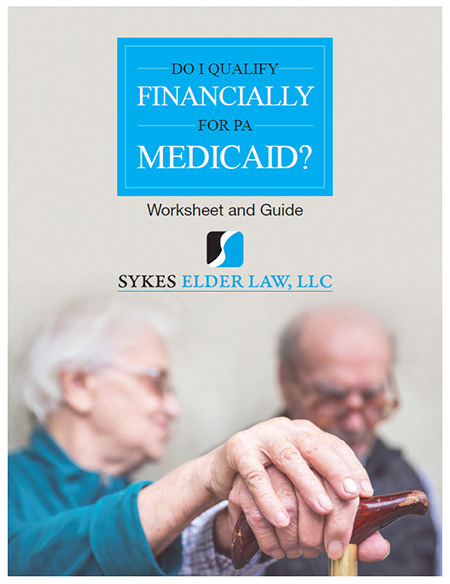In a previous post, we explored the state law making adult children liable to support indigent parents who need long term care.
A recent Pennsylvania case reaffirmed these concerns.
In Health Care & Retirement Corp. v. Pittas (decided May 7, 2012), Pennsylvania’s Superior Court upheld a judgment of $92,943 against the son of an elderly woman who had resided in a nursing home. The nursing home had to show the son had the ability to pay the bill, the court said, but found sufficient proof because the son had yearly income of over $85,000 and had recently paid off a tax lien by making monthly payments of $1,100.
The court further held that the trial court need not consider other sources of income available to the mother, such as the mother’s husband, her two other grown children, or her pending application for Medicaid benefits. As a result, the one son sued by the nursing home was stuck for the entire bill, unless the mother’s Medicaid application was ultimately approved.
This case once again underscores the importance of having a plan in place to pay for long term care, protect assets, and avoid becoming a burden to family members.





